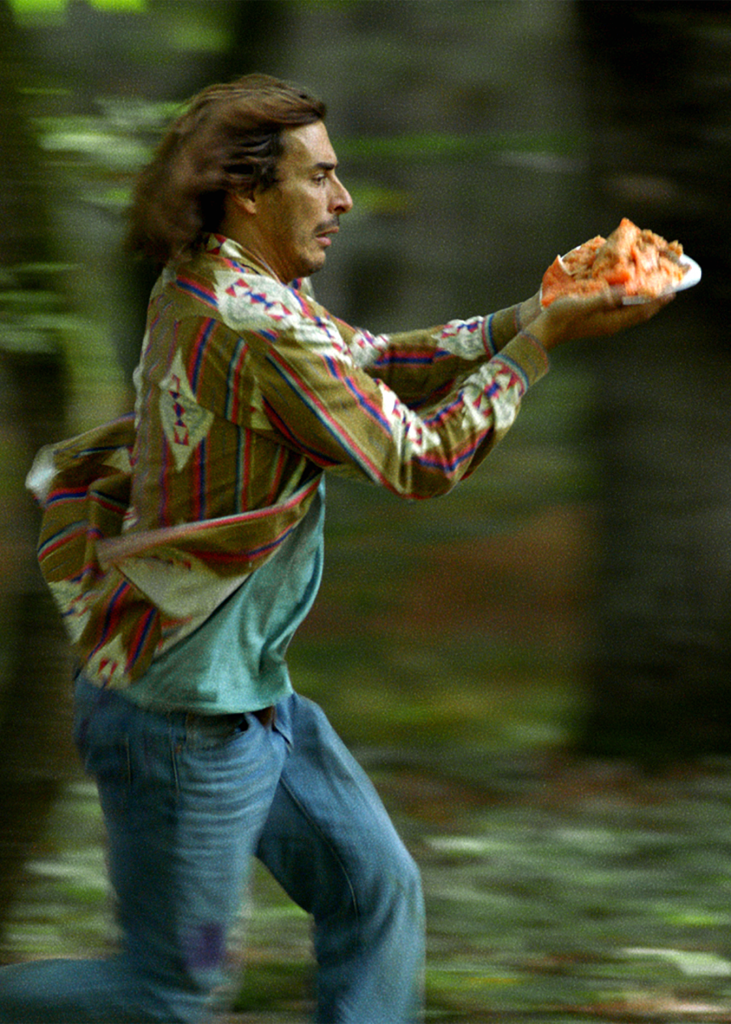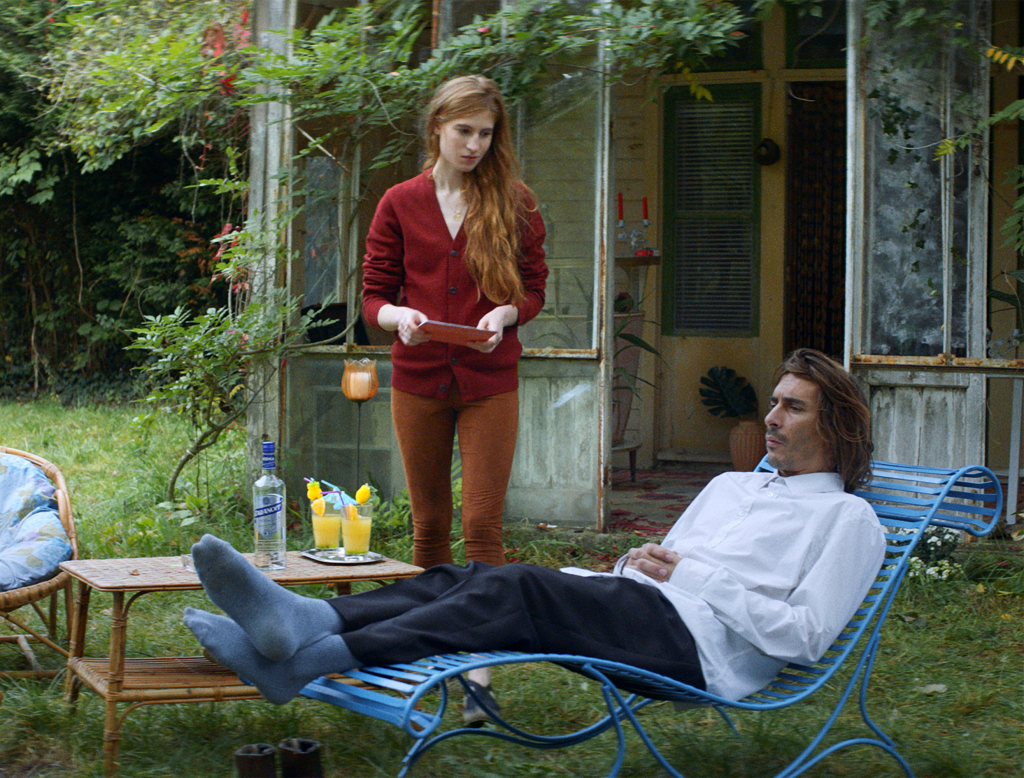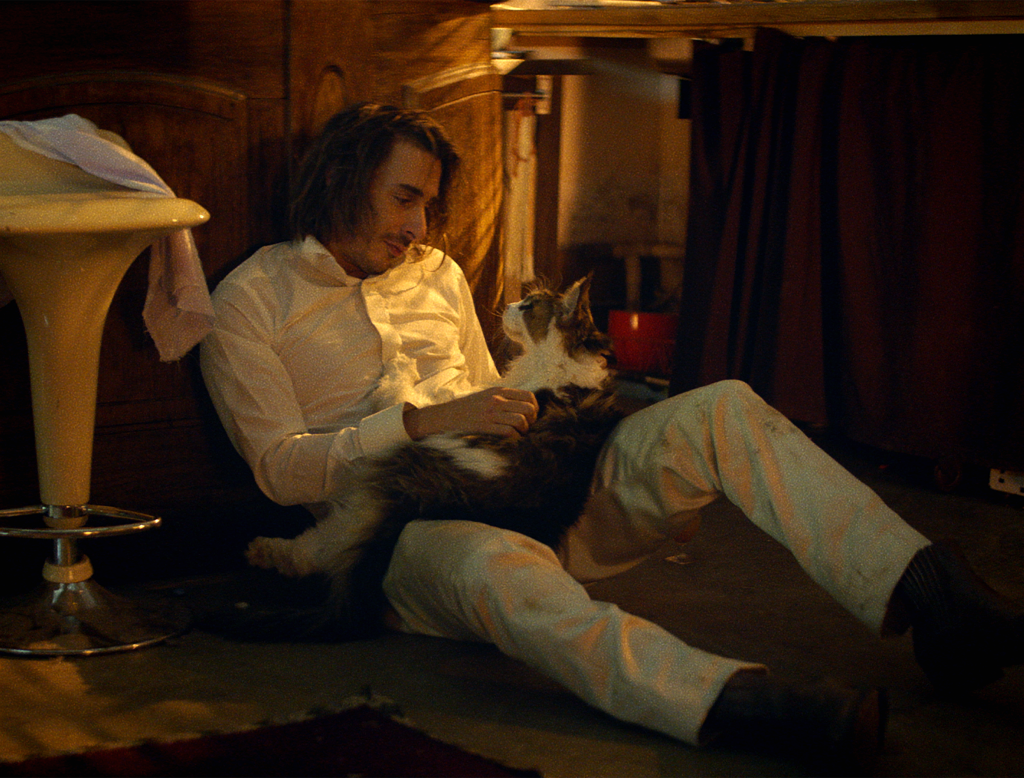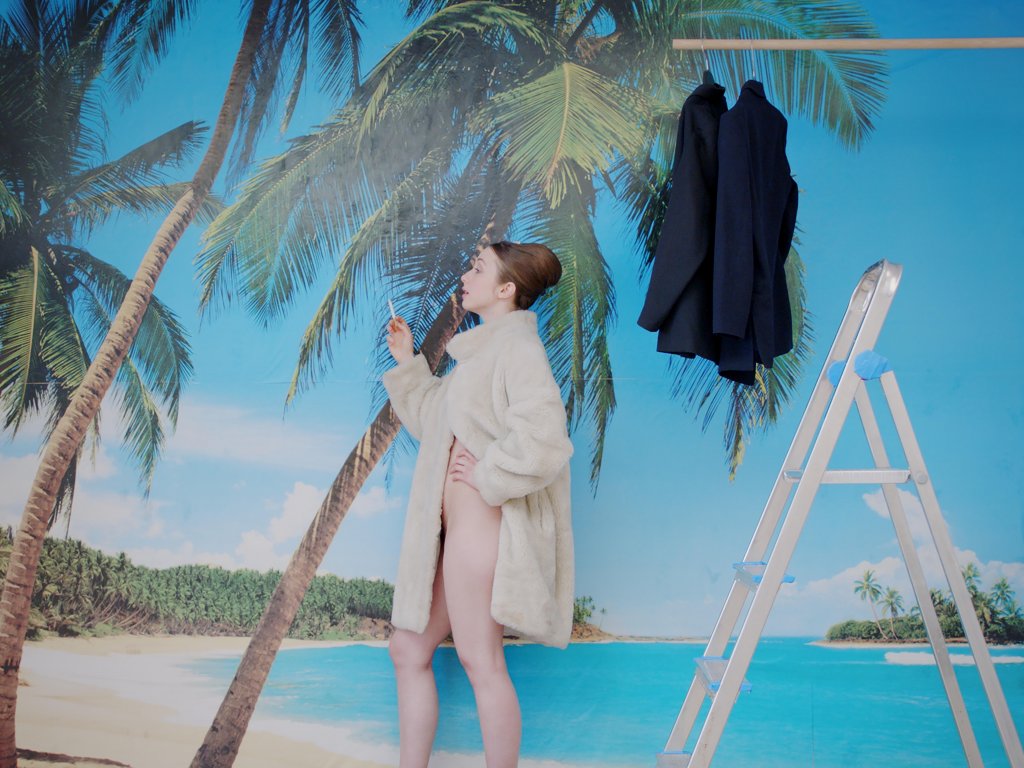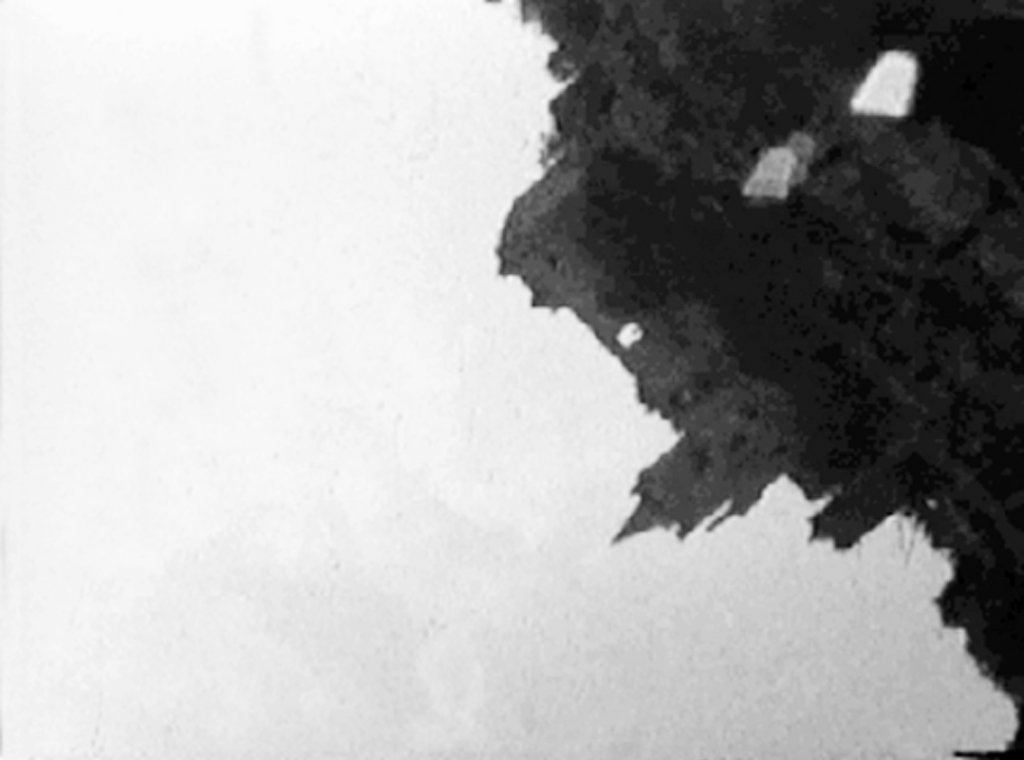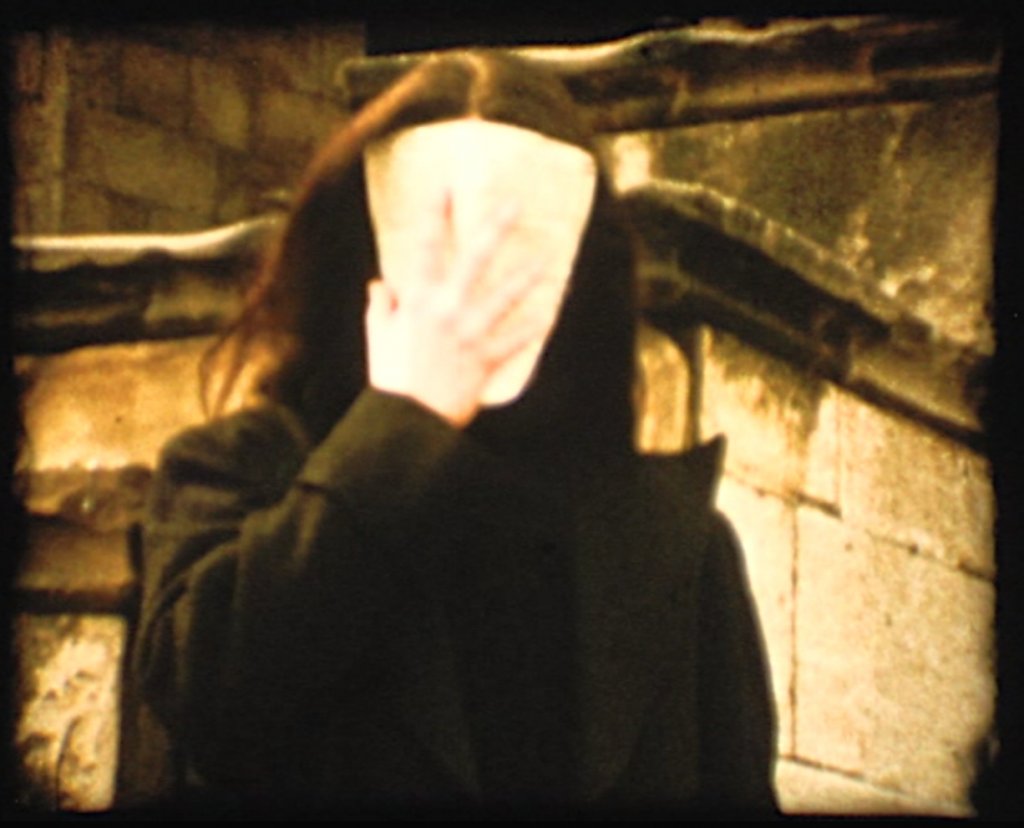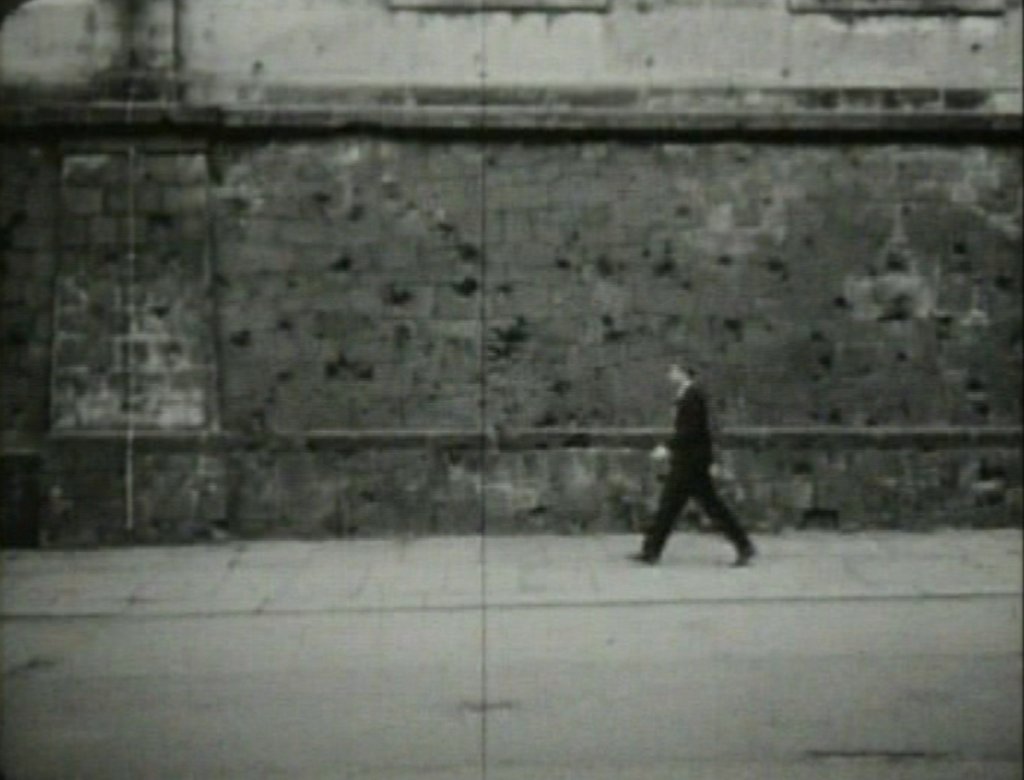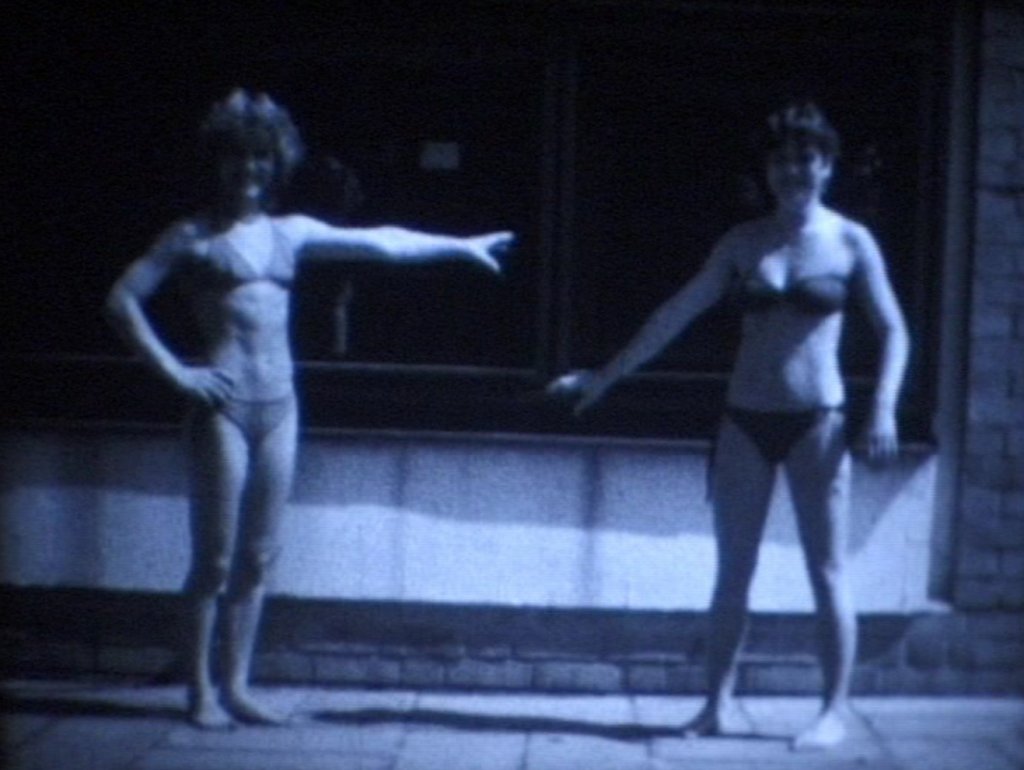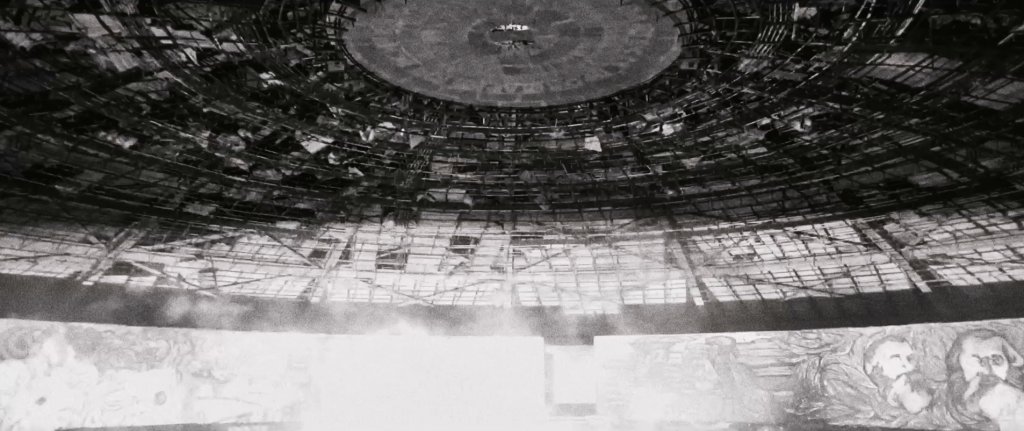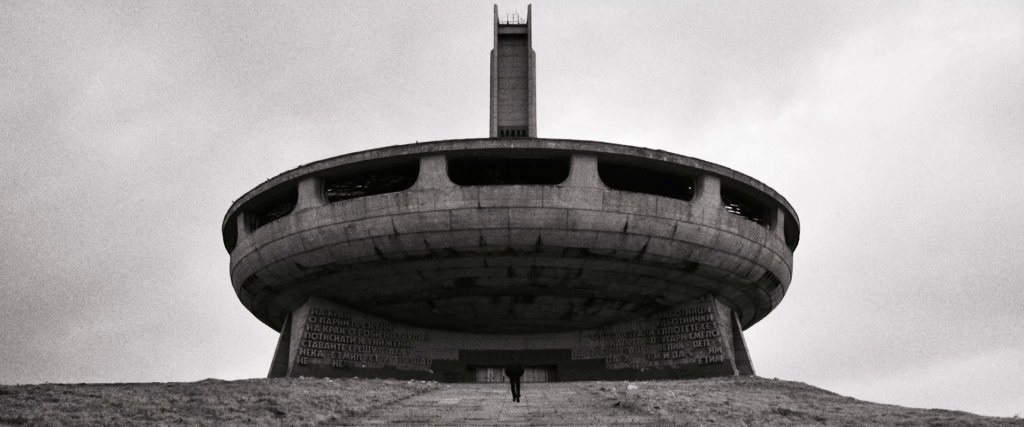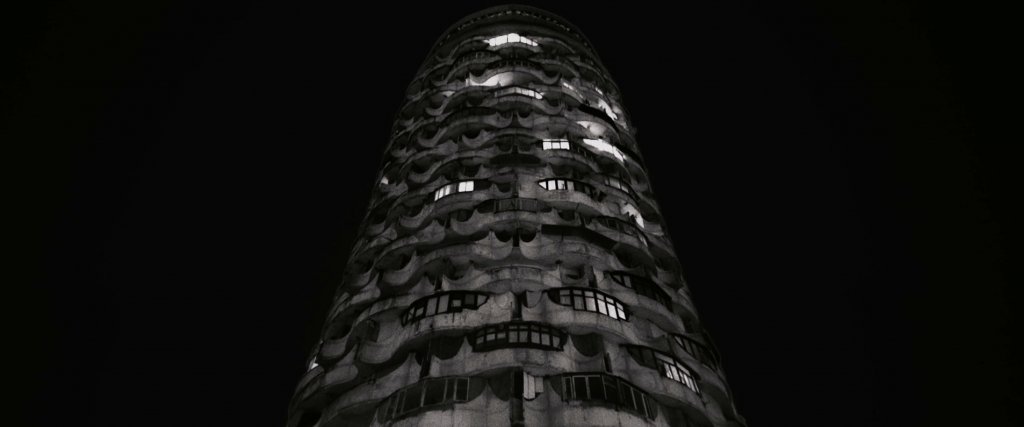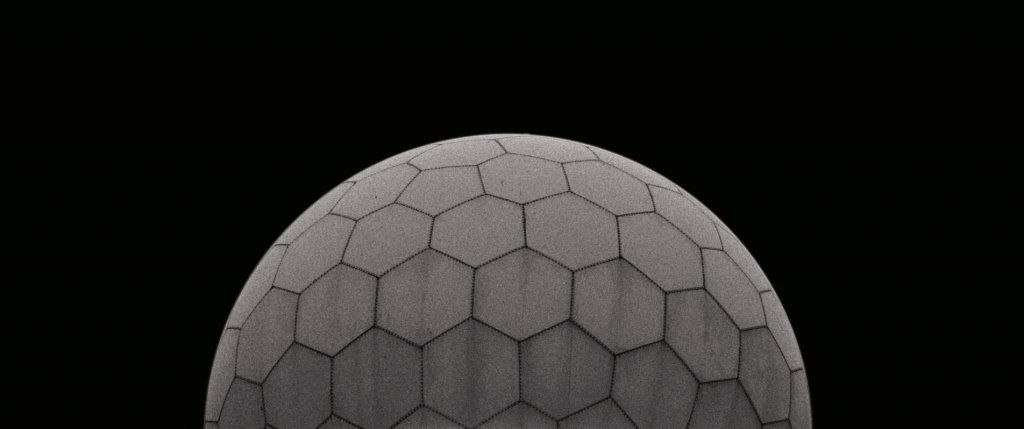Panelists:
Heide Schlüpmann studied philosophy in the 1960s, inter alia in Frankfurt/Main. She is a passionate cineast since 1970. Lecturer for film since 1977, from 1991-2008 professor of film studies at Goethe University Frankfurt/ Main. Co-founder of Kinothek Asta Nielsen e.V., which documents, archives and promotes women’s historical and present film work.
Simon Rothöler is a junior professor of media technology and media philosophy at Ruhr University Bochum and co-founder as well as editor of the journal CARGO Film/ Medien/Kultur. His most recent publication is the book “Das verteilte Bild. Stream – Archiv – Ambiente“.
Gabriele Stötzer is an artist, filmmaker and writer. Besides running a private gallery in Erfurt, she also works as a photographer, performance- and videoartist. Co-founder of “Frauen für Veränderung“ (Women for Change) and coinitiator of the first occupation of a Stasi district administration in December 1989.
Moderated by:
Dennis Vetter is a film critic, independent scholar, curator and festival organizer. As a co-founder and programmer of Berlin Critics’ Week, he keeps visiting festivals internationally, focusing on documentary cinema, Asian cinema, queer cinema and experimental film.
20 April, 6 pm – Schaubühne Lindenfels – Free entrance
FR 2018, R: Maxime Matray, Alexia Walther, A: Thomas Scimeca, Basile Meilleurat, Agathe Bonitzer, 101′, OV/English subtitles, DCP
As unknowingly as we are thrown into BLONDE ANIMALS, as confused protagonist Fabien stumbles through the story and his life. Abruptly, he wakes up in a forest. Picnickers return a borrowed screwdriver to him and invite him to a grill party. He accepts, steals their meticulously marinated salmon and flees into the thick woods, where the fish ends up in a hound’s belly. This charmingly odd opening sequence develops into an eccentric road movie, which is as unpredictable as the actions of protagonist Fabien. Fabien is a former sit com star whose short term memory only operates on alcohol. The film hardly cares about the question of what defines human existence if you subtract its memory. It takes Fabien’s restrictions – additionally to the weakness of memory comes a loss of gustatory taste – as a comical engine to push the plot forward. The storyline consists of sensual and absurdly witty episodes which are occasionally set on the boundaries of good taste. Fabien meets his steady companion Yoni who he often fails to remember. Yoni is said to have indirectly caused his boyfriends death. At least the family of the decapitated suggests that while his funeral is being prepared. Together, Fabien and Yoni try to reach the laid-out one…
20 April, 10pm – UT Connewitz – € 6,5 (5,5 red.)
Trailer
GER 2019, D: Susanne Heinrich, A: Marie Rathscheck , 80′, German version, DCP
A melancholic girl is drifting through existence. Looks for night-quarters. Encounters dreamers and guises. Gets involved. Gets undressed. And carries on. As an alien, artistic figure, every-woman. An open game. With the internalised visual memory and expectations of how a girl and woman should be. The projection surface becomes a space of negotiation. Body meets thesis meets thoroughly commercialised self-optimisation. In between performed answers and bored interaction, it flares up, it breaks open under all the make-up, hairstyle and lollipop aesthetics: womanhood, personhood, being allied with someone – in the presence of the individualisation machine.
Susanne Heinrich’s feature film debut is interested in the social and political dimensions of depression. An existential dare in the coat of a feminist manifesto: desire and meeting beyond stereotypes and marketing strategies. Putting oneself at risk is negotiated as long as it gets transformed: from an idealised, romanticised and banalised request to a possibility.
In the presence of Susanne Heinrich
20 April, 8 pm – Schaubühne Lindenfels – € 6,5 (5,5 red.)
Trailer
Gabriele Stötzer in conversation with Claus Löser
Against official GDR doctrines, there was an artistic minority who did not conform to the aesthetic and political norms of the state socialism of that time. Among other things, an independent film scene established itself within this counter culture. In particular after Wolf Biermann’s expatriation, this scene began to redefine itself. Intending to show at least a part of those positions, Karin Fritzsche and Claus Löser founded ex.oriente.lux. ExperimentalarchivOst, an archive that collects and catalogues a multitude of the dissident works of that time. Part of the archive are the Super 8 works of Gabriele Stötzer, who is not only known for her cinematic art but also works as a multimedia artist in different genres. Stötzer was also a political activist. Because of her signature against Biermann’s expatriation, she was accused of “defamation of state“ and detained in Hoheneck prison for a year. In December of 1989, Stötzer mobilised for the occupation of the Stasi headquarters in Erfurt to prevent the destruction of files located there.
Since the 8th of March 2019, her various works are exhibited at Galerie für Zeitgenössische Kunst Leipzig (GfZK) as a walk-in archive over the course of a year. This exhibition functions as starting point for the early evening. Gabriele Stötzer herself will give a tour around the archive, along with practising archivist, curator and film scholar Löser. Following that, they both grant us an insights into the ideas and methods of ex.oriente.lux. and comment on selected examples.
Talk and lecture in German
21 April – Free entrance
5 pm: Talk inside the Stötzer archive at GfZK
6 pm: Lecture inside the library of GfZK
PT/GER 2018, D: Salomé Lamas, 80′, Doc, OV with English subtitles, DCP
Over the past years, post-Sowjet republics’ conflicts concerning nation state sovereignties have turned out to be saturated with violence and hardly possible to settle. EXTINCTION was developed during Russia’s annexation of Crimea. Originating from the de facto regime Transnistria, the film addresses the issues of those geopolitical situations and their immediate impacts on individual realms of experience and biographies, generating fluid national identities.
The film focuses on the character of young Kolya, who is wholeheartedly in solidarity with Transnistria which liberated itself from Moldava in the early 1990s. However, Transnistria officially does not exist officially and remains unacknowledged by the international community of states. By now, its inhabitants feel a great affinity towards Russia. In black and white images, the film follows Kolya to Soviet architecture, utopias turned into stone. They no longer recall societal progress but merely a passing of time. Encounters with Romanian, Ukrainian and Moldovan border guards create a surreal atmosphere, which is intensified by the soundtrack: unsettling avant-garde orchestral music alternates with gloomy drone sounds. To this, time and again words and thoughts that transcend all constructs of nation states.
21 April, 8 pm – Schaubühne Lindenfels – € 6,5 (5,5 red.)
Excerpt

